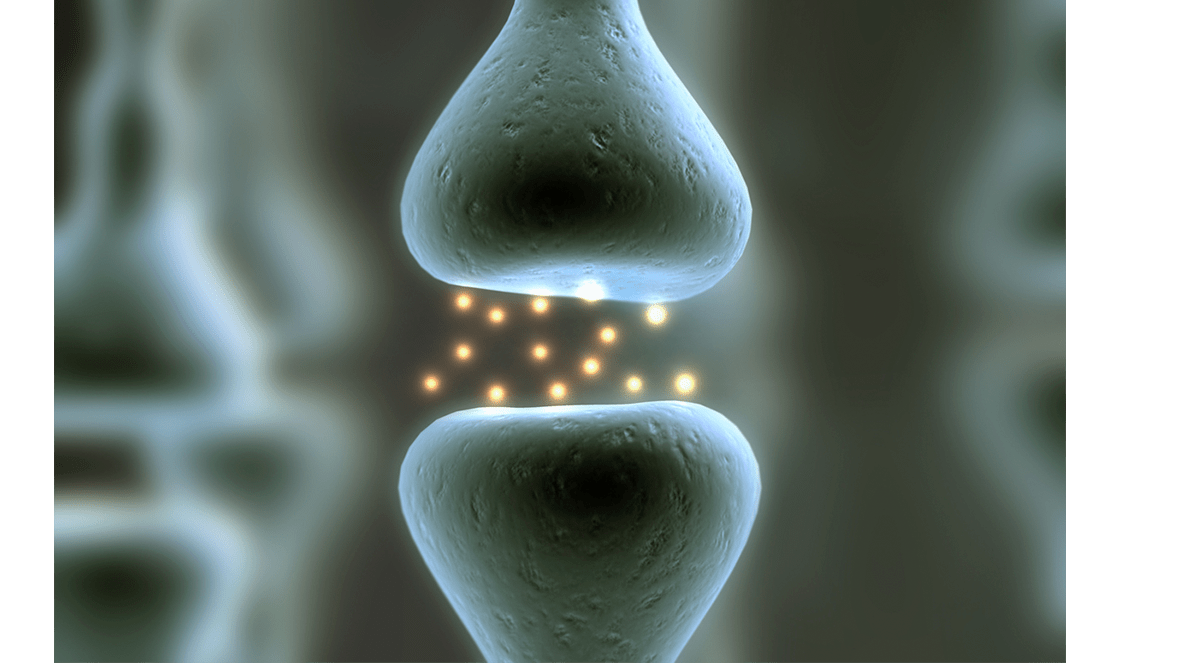Post-traumatic headache (PTH) is a disabling headache disorder and the most common sequela of mild traumatic brain injury. The pathophysiology of PTH is poorly understood and there is limited available evidence to guide prophylactic medication selection. Emerging understanding of the pathophysiology of migraine headaches has led to the development of monoclonal antibodies, including erenumab. Erenumab has shown promise for the prevention of primary migraine headache; however, it has not yet been studied in PTH.
five women (average age 43.0 ± 17.9y) received treatment with erenumab for PTH secondary to mTBI. The average duration of PTH prior to starting erenumab was 32.0 ± 18.2 months. All patients were taking at least one daily headache prophylactic therapy prior to erenumab. The average pre-erenumab headache intensity was 86/100. On erenumab, the average reported reduction in headache intensity was 51.1%. After starting erenumab, all five patients were able to discontinue one or more medication(s). The most common side effect was constipation (three patients). There were no serious adverse events after an average follow-up of 3.4 ± 1.5 months. One patient discontinued erenumab during this period of follow-up after the resolution of her headaches.
Erenumab appears to be safe and effective for the management of PTH.
Use of CGRP receptor blocker erenumab in the management of post-traumatic headache: a case series of 5 women.


